The 600 Page Novel
Enough is Enough:
My personal declaration of WAR on the 600 page novel
If you’re a committed reader, here are two things that fill your heart with both anticipation and dread: 1) a book you love being made into a movie, and 2) any novel that’s more than 600 pages.
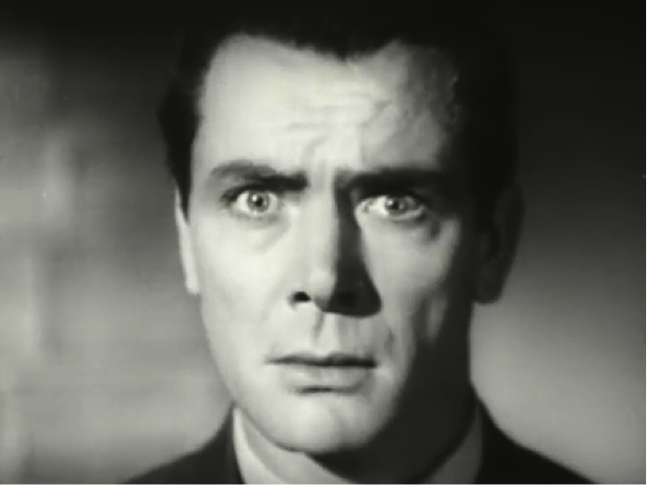
Let’s start with the movie one. If you are an avid reader, you know what I’m talking about. Quick – name a movie based on a great book that is more exciting, provocative, insightful, moving and/or demonstrably better than – or even as good as – its literary antecedent.
Actually, let me add a ground rule – both the book and the movie have to be at least good. There’s no point in thinking about a bad book made into a good movie (lots of examples of that), or a good book into a bad movie (an exponentially greater number of those). Nor should either or both be damnable by faint praise – i.e., saying with relief, “Well, at least they didn’t completely fuck it up.” (for example, any of the Harry Potter books, except Book 5 – more on that later). Those are too easy and too numerous to bother with.
I can think of a few movie/book combinations where BOTH the book and the movie are terrific, and the creation of one doesn’t impact my enjoyment of the other, such as these two:
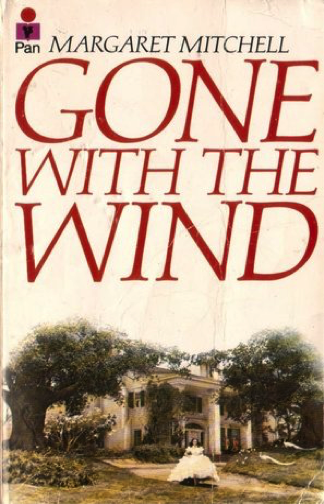
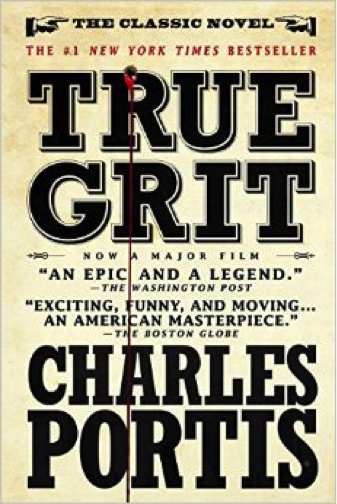 “Why, Mr. Cogburn, I do declare!” “Yeah, well, tough as I am, frankly, my dear, I don’t give a damn.”
“Why, Mr. Cogburn, I do declare!” “Yeah, well, tough as I am, frankly, my dear, I don’t give a damn.”
What else? Maybe The Martian. Rebecca. The Maltese Falcon. The Green Mile. I’d mention The Shining too, but I’d just terrify myself. Oh crap … hey, what was that?? Anyway, I’m sure there are others as well.
There are even a couple where the movie actually re-interprets the book and both are within hailing distance of each other, quality-wise:
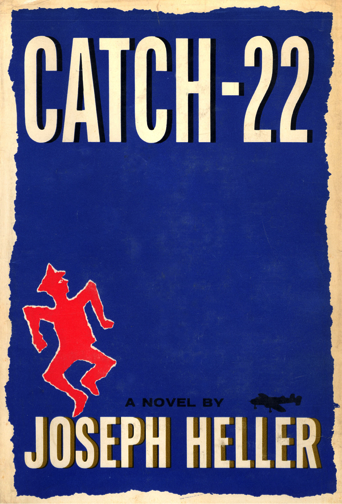
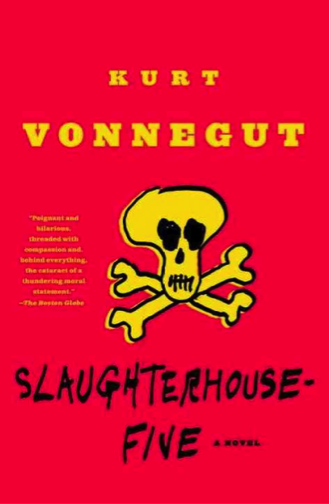 “A mashup of two great books … hey, what if “Yossarian was unstuck in time…“
“A mashup of two great books … hey, what if “Yossarian was unstuck in time…“
In addition to these two, I would propose The Orchid Thief. The Remains of the Day. Dr. Strangelove. Maybe L.A. Confidential.
You may disagree with any or all of these choices, and you may be right. But that’s not the point of this post. This post is actually about the second anticipation/dread couplet from the first paragraph – the 600 page novel.

I shall concede that there are many, many NON-fiction books whose bulk does not provoke angst. That’s the nature of non-fiction – if you have a complex topic to cover, it’s gonna take a lot of pages.
But I’m sticking to novels here.
Novels are worth 600 pages for, I would argue, two valid reasons.
Reason 1: Scope of story.
For example, this tragically underappreciated tour de force:
![]() Codes, WWII, Silicon Valley entrepreneurs … oh, just read it already
Codes, WWII, Silicon Valley entrepreneurs … oh, just read it already
Also: the aforementioned Gone with the Wind. Harry Potter Books 4, 6 and 7. Anna Karenina and its cousin War and Peace. The Amazing Adventures of Kavalier and Clay. Even pulpier stuff like The Winds of War and early James Michener (some of his books, like Hawaii, Chesapeake and The Source, to name three, start millions of years ago with the geological formation of whatever land he’s writing about – now THAT, my friends, is scope).
Reason 2: Non-story related reasons.
A vague and catch-all category, I realize. So here are some examples. Perhaps the book’s structure is really complicated:
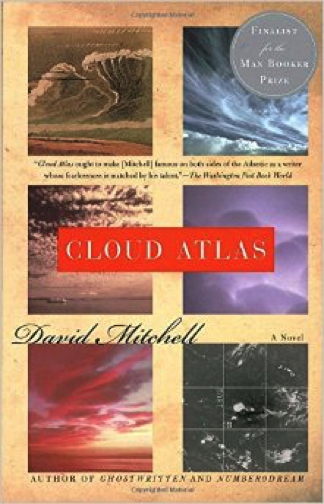 OK, so, it’s actually 6 stories, each written in a different style and/or dialect, and each is told halfway through, except for the middle one, which is told all the way, then followed by the second halves of the first 5. Oh, and the one about the composer stealing the magnum opus from his mentor? The symphony he’s composing HAS THE SAME STRUCTURE AS THE NOVEL ITSELF! Not surprisingly, the movie kinda sucked a little.
OK, so, it’s actually 6 stories, each written in a different style and/or dialect, and each is told halfway through, except for the middle one, which is told all the way, then followed by the second halves of the first 5. Oh, and the one about the composer stealing the magnum opus from his mentor? The symphony he’s composing HAS THE SAME STRUCTURE AS THE NOVEL ITSELF! Not surprisingly, the movie kinda sucked a little.
It was originally published as a serial, so it’s unfair to judge it on length anyway:
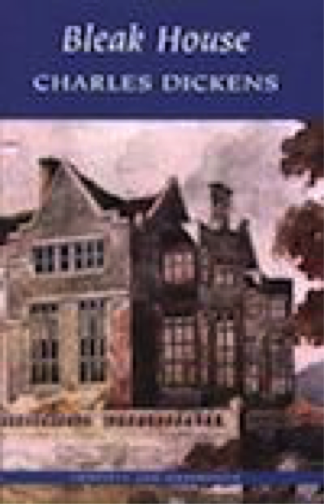 Sure, 932 pages is long book, but hey, I’ve got 30 hours to kill. And it’s STILL shorter than David Copperfield’s 358,000 words.
Sure, 932 pages is long book, but hey, I’ve got 30 hours to kill. And it’s STILL shorter than David Copperfield’s 358,000 words.
The author’s brilliance makes editing inconceivable:
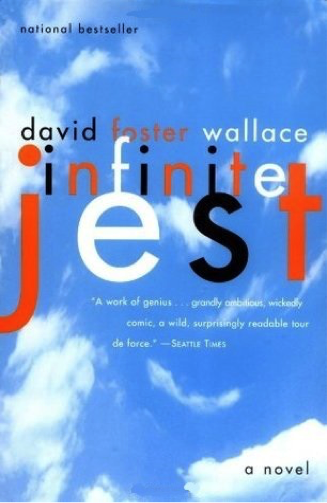 Editor: Hm. Maybe we should cut the footnotes. No, wait, those are some of the best parts. Maybe the stuff about weed. No, that’s some of the best stuff too. Maybe the tennis stuff. No, that won’t work. Oh, forget it.
Editor: Hm. Maybe we should cut the footnotes. No, wait, those are some of the best parts. Maybe the stuff about weed. No, that’s some of the best stuff too. Maybe the tennis stuff. No, that won’t work. Oh, forget it.
(By the way, there seems to be a whole subculture on the Interwebs making fun of DFW and IJ for everything from its sheer girth:
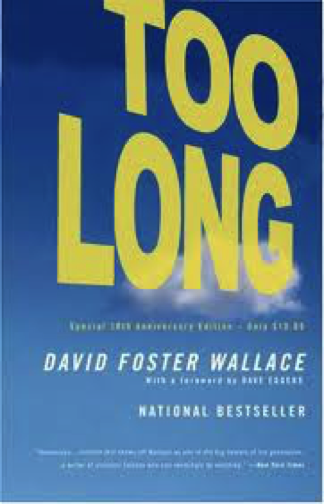
to his frequent (really frequent) references to color:
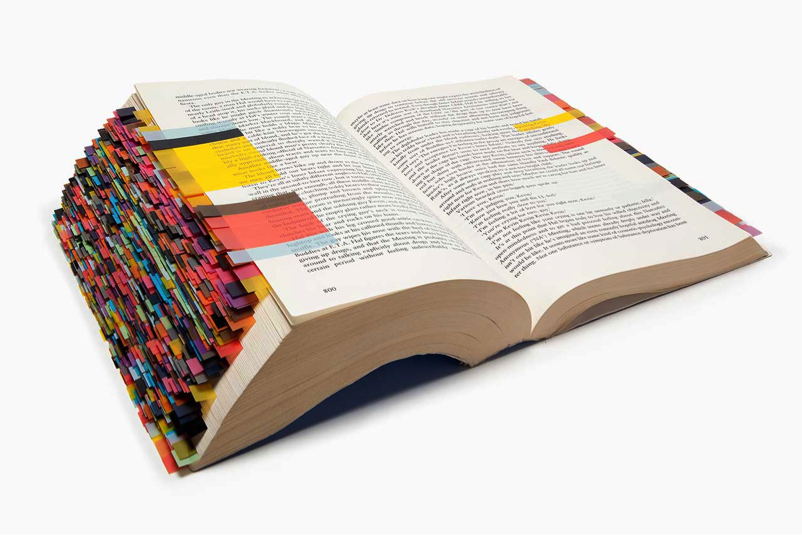
My take? Yeah, it’s long. And maybe a little pretentious, since he’s so much smarter than any regular human. But, tough shit – just read the damn thing. I doubt you’ll regret it.
OK, all that being said, I nonetheless maintain and declare the following:
No book I’ve ever read longer than 600 pages could not be improved by judicious (in several cases, bold and heartless) editing.
“Really? Says who? Prove it!”
Hah! I am so glad you asked.
I’ll stick to popular books of recent vintage, and start with the easiest target.
Example 1:
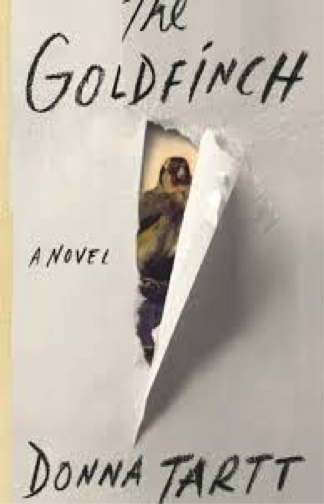 We waited eleven years for THIS??!?
We waited eleven years for THIS??!?
I like Donna Tartt. I really do. I liked The Secret History (friends know what a sucker I am for books that take place in a school). I even read The Little Friend and liked it. But come the fuck on – this book takes a diverting 300 page novel and buries it under an avalanche of repetitive navel gazing that slows the story to a glacial pace before finally, blessedly lurching its way to the creaking end. Those extra pages did nothing except reveal how hollow the insights were in the first place and expose the lack of authenticity of the narrative voice. Where was the editor? Maybe he/she retired in the ELEVEN YEARS it took to write this. Or died, even – again, 11 YEARS. Or maybe he/she was simply pummeled into submission by the relentless torrent of pages. How this book won the Pulitzer Prize will never cease to amaze me.
Example 2:
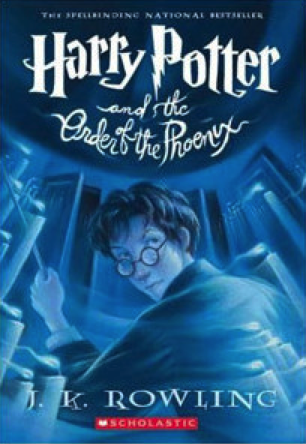 “WHAT?? A Harry Potter book???? You heretic!! You heathen!! You heartless squib!”
“WHAT?? A Harry Potter book???? You heretic!! You heathen!! You heartless squib!”
I shall explain, but first, thank you, Jo, for writing a fantastic series for children that is insightful, moving, exciting, engaging and a seminal accomplishment that has already stood the test of time, and I expect will continue to. You literally saved the publishing industry, at least for a little while. BUT … this book, the fifth in the series, is so thoroughly and relentlessly depressing that I nearly gave up on it, and it definitely dampened my enthusiasm for the two books that followed (which thankfully returned, mostly, to form, though they lacked the magic of the first four). You may notice that the HP books get progressively longer until this one. I believe it’s because, by this point, Rowling was so important to the health of Random House that no-one dared even mention to her that a little paring might make a tighter story. It is a testament to her talent, generosity and grace that she only had this one misstep. I forgive you Jo, but this book was dreadful.
Late breaking insight from my daughter Emily: she believes that the change in tone and complete abandonment of the sense of wonder from the first four books coincides with Harry’s transition from a wide-eyed and innocent child into the harsher reality of adulthood, that the books (taken as larger arc) are a metaphor for how the world lays bare the sheer joy of living and pummels it into a depressing, jaded slog toward old age and death. Fun! Alternatively, she wonders if JK is just better at writing for younger audiences … and thus about younger characters. A sound analysis, I have to admit (and people say $200K+ liberal arts educations are overrated!) But it still doesn’t make the book any better.
Example 3:
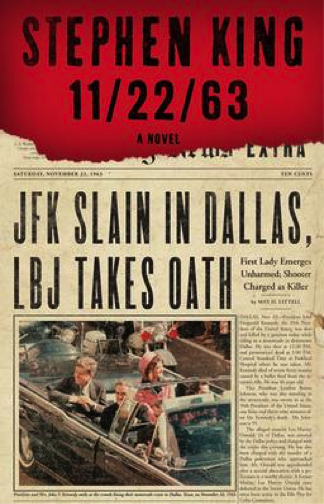 __zzzzzzzzzzzzzzzzzzzzzzzzzzzzz
__zzzzzzzzzzzzzzzzzzzzzzzzzzzzz
Why did this book suck so much? It’s a brilliant idea – a time-travel book with a purpose (which has, of course, been done many times before – Jack Finney’s sequel to the delightful Time and Again, called From Time to Time, has the protagonist returning to the past to prevent World War 1, and sort of backing into an attempt to keep the Titanic from sinking). In Stephen King’s tale, a dying old man shows a feckless young man a time-travel portal, and convinces our “hero” to travel back to the early 1960s and stop the assassination of JFK. It includes all of the classic tropes that make the genre so much fun (fish out of water humor, moral dilemmas about changing history – for example, which history is fair game? Should the protagonist stop an episode of violence that impacts a friend from this present life? – impossible love, etc.), and, while Stephen King ain’t exactly Nabokov when it comes to literary style, the man can spin a yarn (plus he’s a Sox fan, and wrote a great book on writing, so, mega-props). The problem is – it was dull as shit. An endless slog of historical accuracy, obsessive detail and long passages where the story just bogged down into pointless, witless, emotionless meanderings of … OK, I just realized my sentence is as out of hand as this book. So I’ll stop. But really. Stephen King has written good long books (The Stand is 1,000 pages). But this? A great concept, killed by an overabundance of words, ideas and pages.
Aside: It’s also worth noting that the Hulu mini-series suffered from the same bloated storytelling and wandering narrative – and added a dumbfounding, brain-dead performance by a wholly miscast James Franco, who is an artifact of current culture as much as any actor working today (runner up: Emma Stone). He seems like a contemporary man trying to fake his way through a 60’s landscape. I guess you could argue authenticity for the choice, but that doesn’t excuse the fact that he was virtually unwatchable.
I could go on and on (hell, I could fill a whole blog post on overlong novels written by Stephen King). But as I zero in on my sixth decade, I hereby declare a page limit, which I will treat like a speed restriction on a highway (a sensible guide, not an absolute dictate):
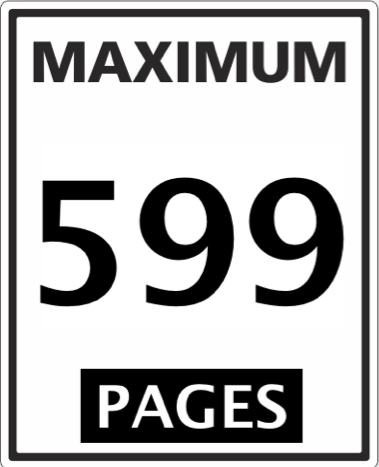
**If it’s 600 pages, I reserve the right to reject it on principle. If I decide to take the plunge nonetheless, I hereby give myself permission to quit after 100 pages, or to remain in a judgemental holding pattern in subsequent 50 page increments.
Are you with me? If so, I extend my absolution to you too:
 “Forgive the author, Father, for he/she has sinned …“
“Forgive the author, Father, for he/she has sinned …“
Final note: As I write this, I am about 2/5s of the way through “Here I Am” by Jonathan Safran Foer, which tickles the fringes of 600 pages (the final word is on page 571) and makes me realize the arbitrary nature of my 600 pages designation. I’m enjoying this book immensely and don’t have any inclination to stop at this point, but I am hereby re-designating the 600 Page Limit as a 600 RANGE Page Limit, which will be 550 pages and up).
Final, FINAL note: this post has been in the works for so long that I have finished the Safran Foer book – it’s brilliant, hilarious and not to be missed by any Jewish male … or really, anyone else. Go read it immediately.
Finally, here is a photo of Tom Brady. Because everything is made better with a photo of Tom Brady.
 “Before you read that 600 page book, THINK!”
“Before you read that 600 page book, THINK!”